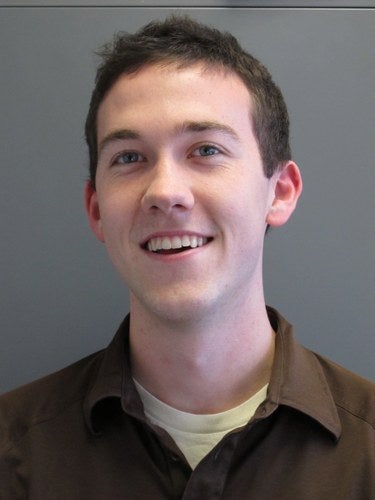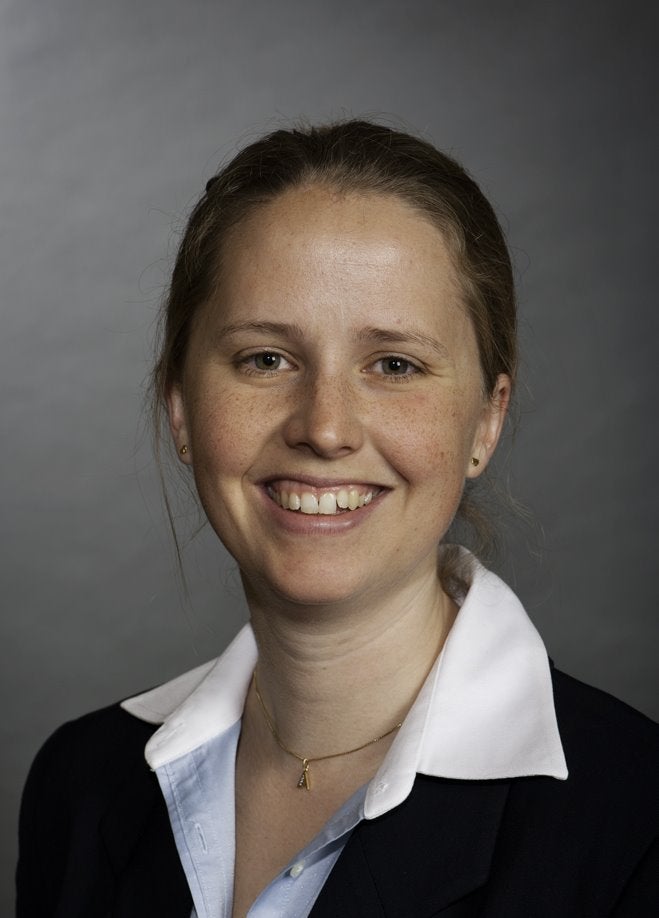Researchers at the Institute for Quantum Computing (IQC) have been studying how to keep your private data just that – private, even when performing remote quantum computation on it.
A powerful tool in protecting privacy is the ability to perform computation on encrypted data, and protocols have been found to do this on classical computers. However, the computations that classical computers can perform are limited. Quantum computers, while still in their infancy, have the ability to solve certain problems that are intractable to classical computers.
Researchers set out to determine how arbitrary quantum computations could be carried out on encrypted quantum data. They proved that an untrusted server can implement a universal set of quantum gates on encrypted quantum bits (qubits) without learning any information about inputs, while the client, who knows the decryption key, can easily decrypt the results of the computation. The results of research will play a key role in enabling the development of secure distributed quantum computing.
A major advantage is that this method uses fewer resources than other approaches that could be use to achieve similar protection, such as blind quantum computing, and can be easily incorporated in the design of future quantum servers.
“This method for computing on encrypted quantum data, combined with the techniques developed for quantum circuit hiding, form a complete security system that will enable secure distributed quantum computing to take place, ensuring the privacy and security of future quantum networks,” said Kent Fisher, co-author of the paper.
The paper was co-authored by IQC PhD student Kent Fisher and alumna Anne Broadbent, now an assistant professor in the Department of Mathematics and Statistics at the University of Ottawa. Contributors to the paper include IQC alumni L. Krister Shalm now at the National Institute of Standards and Technology, Boulder, Colorado; Zhizhong Yan, now at the University of Sydney; Jonathan Lavoie, now at the University of Geneva; and Robert Prevedel, now at the Research Institute of Molecular Pathology in Vienna. This work was supervised by IQC faculty Thomas Jennewein and Kevin Resch.
Read the complete article, “Quantum computing on encrypted data”, in the Journal of Nature Communications.


Kent Fisher and Anne Broadbent